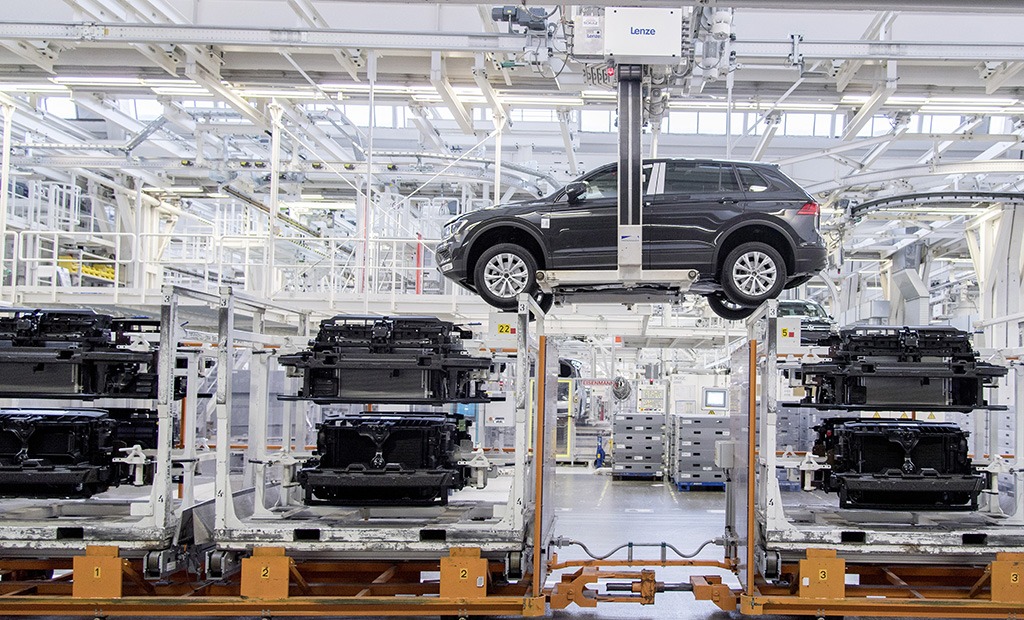German manufacturers speak out over cartel claims as EU continues to investigate
26 October 2017

26 October 2017
German manufacturers are currently being investigated over reports that they were involved in running a cartel, with offices of Volkswagen (VW), Audi, BMW and Daimler raided earlier this week as part of the enquiry.
Following the searches, the manufacturers involved have all had their say on the allegations, with each denying that any damage was done through any cooperation, and that no cartel was being run. Instead, each has stated that discussions between manufacturers are common and each respected the rules that govern the industry to prevent cartels being run.
Daimler CEO Dieter Zetsche addressed the allegations, saying that cooperation with other car makers was for the good of the customer, and had done no harm.
′At the end of the day, it isn’t my call. I am an engineer and not a cartel expert,’ Zetsche said. ′But I know that it was first and foremost about standards and similar issues that in the end helped customers because it increased efficiencies.’
He added that prominent cartel specialists are of the opinion that there was no cartel behaviour.
Meanwhile, in a statement, BMW said that EU staff had ′conducted an inspection’ at its Munich offices, adding that it is assisting the commission with its work. The company has denied any involvement in the alleged cartel. The manufacturer also made it clear that any discussion concerning collusion on diesel emissions is not related to the VW Dieselgate scandal, which it is not being implicated in.
VW CEO Matthias Mueller stated that German carmakers did not engage in any price fixing or an illegal cartel. ′I have no knowledge of price fixing,’ he said at a conference in Stuttgart. ′We very much respect the cartel law.’
Mueller said the German carmakers had cooperated on standardisation issues under the leadership of Germany’s VDA industry lobby, without being more specific.
The EU’s competition watchdog said in July that it was investigating German carmakers in response to a tip-off after Der Spiegel magazine reported that Daimler, BMW, VW and its Audi and Porsche arms had colluded to the detriment of customers and foreign rivals.
Companies found guilty of breaching EU cartel rules face fines of as much as 10% of their global turnover, which would be a substantial amount for the carmakers. A number of truck manufacturers were fined a total of €2.9 billion in 2016 for operating a cartel, while Scania was fined €880 million at a later date as it denied involvement and went to court over the allegations.
However, under antitrust rules, those who cooperate with cartel investigations could see discounts on potential fines, while companies that expose their existence can see a 100% reduction. For this reason, Daimler has applied for ′whistle-blower’ status, stating that as they were the first to inform the EU of the wrongdoing, they should be immune from financial penalty.
Photograph courtesy of Volkswagen Group